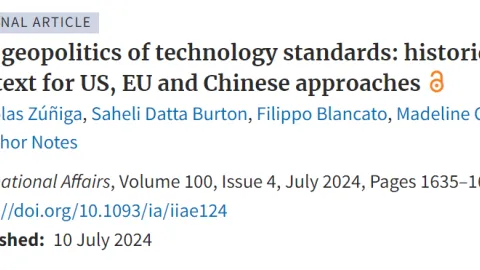News
Please note that you have to be a registered member with paid membership in order to see full articles.
Become a MemberSelected News

China Opens Consultation on 2025 National Standardization Pilot Projects
China has released for public comment the list of proposed 2025 national standardization pilot projects.
TYC Achieves TISAX Certification for Automotive Information Security
TYC Brother Industrial Co. Ltd., a Taiwanese manufacturer of automotive lighting and other vehicle parts,has officially obtained certification under
China Expands GI Protection to 1,409 New Products Including Yanqing Guoguang Apple
China’s National Intellectual Property Administration (CNIPA) has added 1,409 products to its protected list of geographical indications (GIs).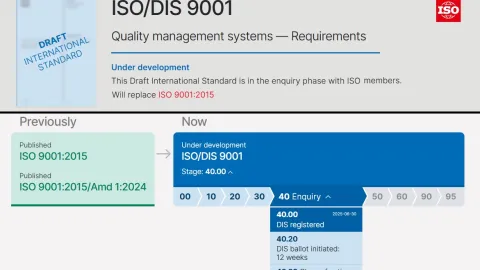
DIN Invites Public Comments on ISO 9001 Draft
The German Institute for Standardization (DIN) has opened the public comment phase in Germany for the revised draft of ISO 9001,
Strengthening Protection of Cultural Heritage Exhibits With New UNI EN 15991 Standards
The Italian national standards body UNI has adopted EN 15991 parts 1 and 2, dedicated to the safety and preservation of cultural heritage objects on display.
How Aromatherapy Relies on Standards: New BDS Compass Issue
The Bulgarian Institute for Standardization (BDS) released the latest issue of its magazine BDS Compass, focused on aromatherapy and essential oils.
NESC 2028 Revision Cycle Moves Into Public Comment Phase
The National Electrical Safety Code (NESC), the United States’ framework for electrical safety published every five years by the IEEE Standards Association, is now in a key stage of its 2028 update.
Accessibility Standards Canada Launches Databases on Research and Technical Guides
Accessibility Standards Canada has unveiled two new platforms aimed at making key resources easier to find.
MHM Becomes First SCC-Accredited Body for AI Management Systems
MHM Advisory Ltd. has become the first certification body accredited under the Standards Council of Canada (SCC) AI Management Systems (AIMS) Accreditation Program.
Luxembourg Expands Internationally Recognized Calibration Capabilities
The Institut National de Métrologie du Luxembourg (ILNAS) has expanded its internationally recognized calibration and measurement capabilities (CMCs) in the field of electricity and magnetism.
PKN September Newsletter Showcases National Competition on Standards in Education
Polski Komitet Normalizacyjny (PKN) has released the September issue of its newsletter Wiadomości PKN, highlighting the National Competition "Standardization and Me".
Arshin App Released for Easy Access to Measuring Instrument Verification in Russia
The Federal Agency on Technical Regulating and Metrology (Rosstandart) in Russia has released a mobile app called Arshin,Global News
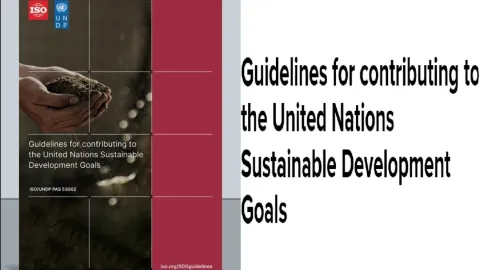
Guidelines Launched to Contribute to the United Nations Sustainable Development Goals (SDG)
The United Nations Development Programme (UNDP) has announced new guidelines to help organizations align their operations with the United Nations Sustainable Development Goals (SDGs).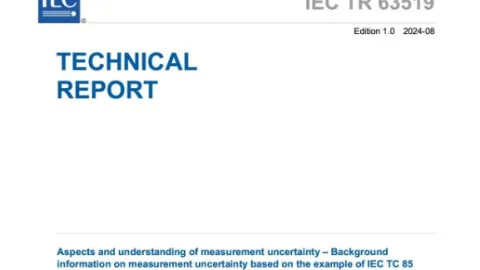
IEC Releases New Technical Report on Measurement Uncertainty in Metrology
The International Electrotechnical Commission (IEC) has released the IEC TR 63519:2024, aimed at addressing measurement uncertainty in metrology.
ISO Publishes First Innovation Management System Standard
ISO has introduced its latest standard, ISO 56001:2024, marking the first edition of the international standard for innovation management systems.
Lovehoney Group Led the Creation of a Global Safety Standard for Personal Pleasure Devices
Lovehoney Group, together with its brand We-Vibe, has been instrumental in developing ISO 3533, the global standard for personal-pleasure-devices toy safety.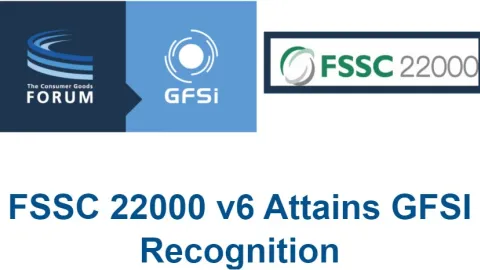
FSSC 22000 Version 6 Recognized against GFSI Benchmarking Requirements v2020
FSSC 22000 version 6 has officially been recognized against the GFSI Benchmarking Requirements v2020.
ISO Publishes 17035 - Guidelines for Validation and Verification Programmes
ISO announced the release of ISO/IEC TS 17035:2024 on September 1, 2024.
PEFC launches new global standard for forest management certification
PEFC has introduced the ST 1004 standard, establishing uniform requirements for certification bodies conducting sustainable forest management certifications.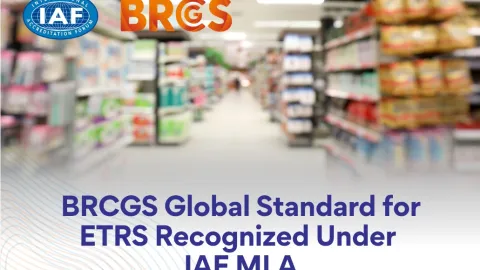
BRCGS Global Standard for ETRS Recognized Under IAF MLA
The BRCGS Global Standard for Ethical Trade and Responsible Sourcing has been officially recognized under the International Accreditation Forum’s (IAF) Multilateral Recognition Arrangement (MLA) as of July 9, 2024.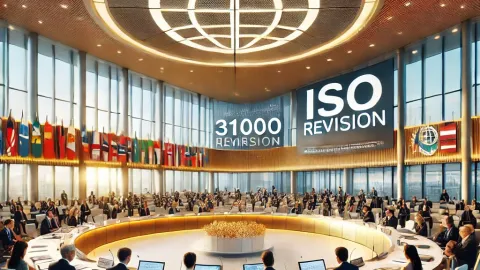
New ISO Working Group Formed for ISO 31000 Revision
ISO forms new working group to revise ISO 31000 risk management standard.
New DIN/TS 92004 Standard Aims to Strengthen Trust in AI Systems
To build trust in artificial intelligence, the German Institute for Standardization (DIN) has introduced DIN/TS 92004.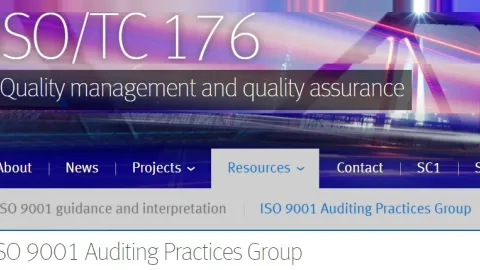
New Guidance on Auditing Resources Released by ISO Auditing Practices Group (APG)
The ISO Auditing Practices Group (APG) has released the second edition of its guidance on auditing resources.